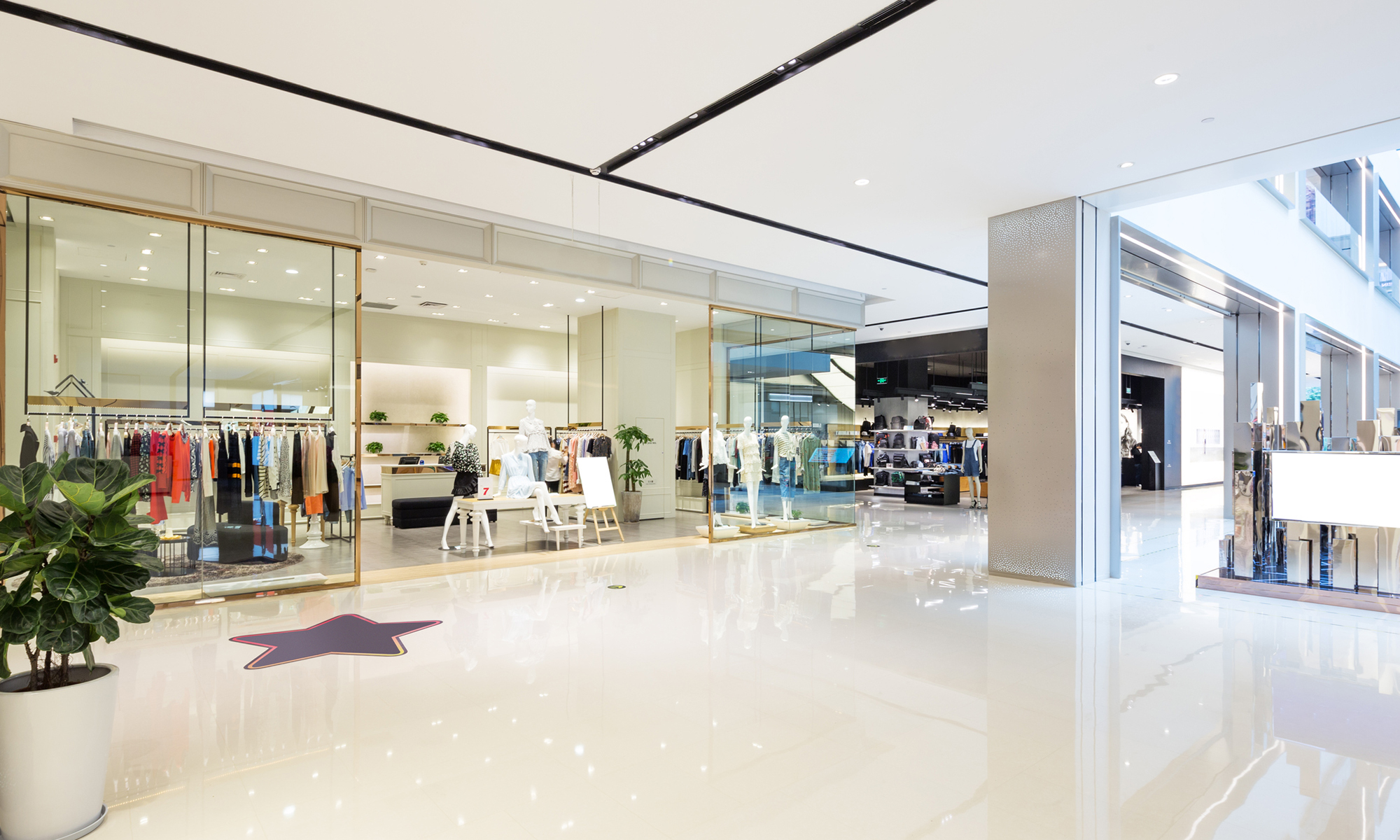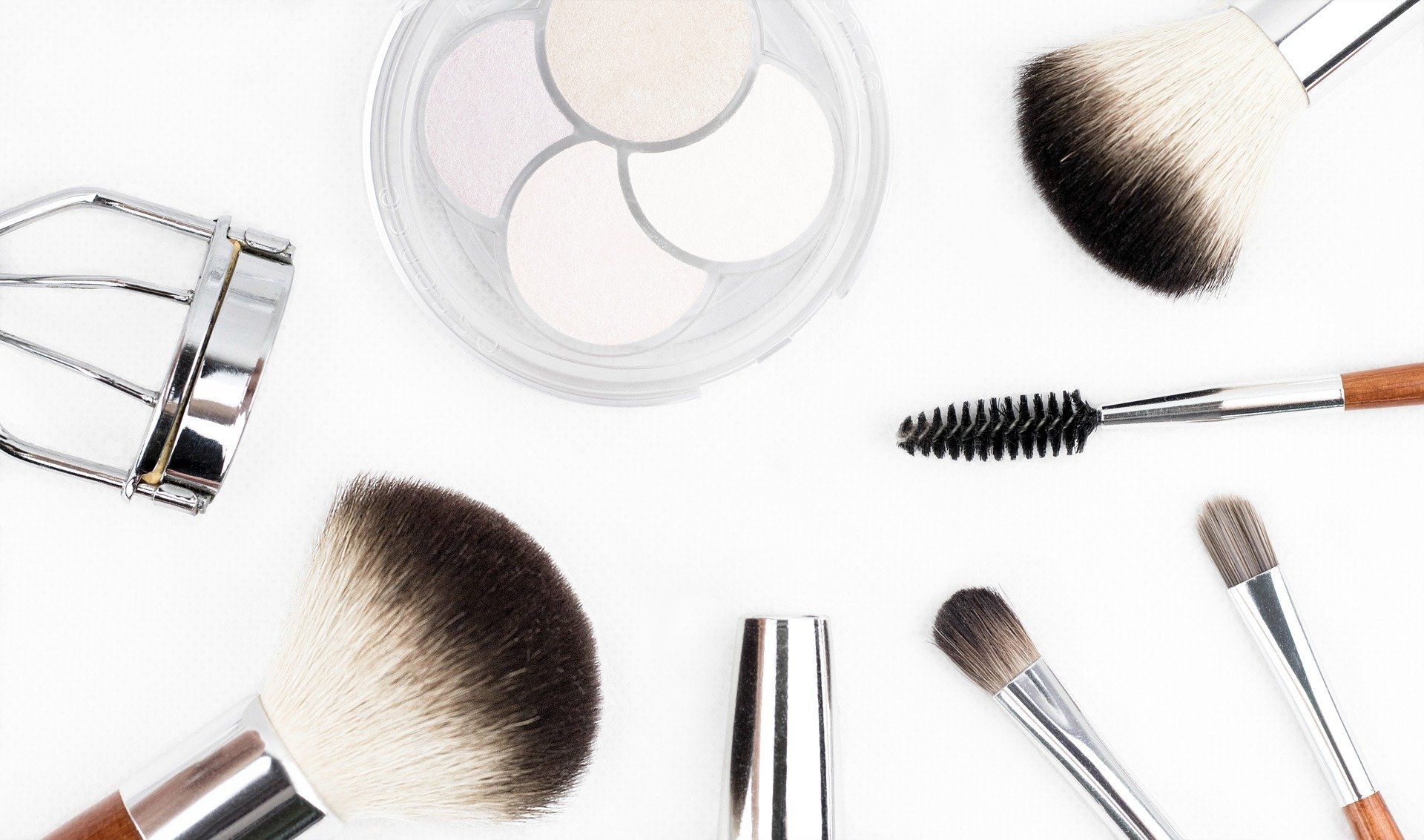Following the worldwide disruption in retail due to COVID-19, sales of luxury goods are expected to grow as much as 25% in 2022. Much of this growth has been driven by e-commerce, with online sales totalling 23% of all luxury sales in 2020. Meanwhile, consumer sustainability demands have driven growth in luxury resale or rental markets, now worth an estimated $36 billion, while brands have expanded their reach into the brave new digital territory of the metaverse – the overlapping digital spaces in which we increasingly work, play, and consume.
Yet luxury’s digital embrace has been hampered by a concomitant rise in counterfeit goods in the physical and digital worlds. Is blockchain the solution?
To read the full text of this article co-authored by Duane Morris attorneys Cindy Yang and Kelly Bonner, please visit the Multilaw website.

